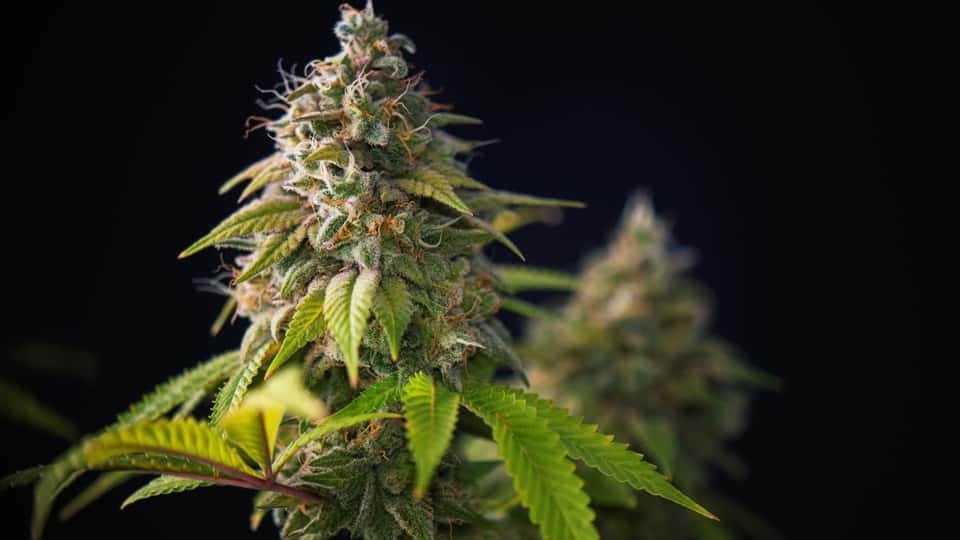The Tilray (TLRY) story is almost a microcosm of the cannabis industry itself, and for investors trying to make sense of cannabis stocks, Tilray could be a guiding light.
Tilray was the first cannabis company to list on a major U.S. stock exchange when the company went public in July 2018. The IPO price was $17. Within 90 days the stock had hit $214 per share (including a short-lived intraday run to $300).
Fast forward to now, and those gains have (pardon the cliché) gone up in smoke. As of today, the stock price is hovering around $22.49 per share. But this is more indicative of the cannabis sector as a whole, versus anything specific to Tilray.
TLRY’s most recent earnings report was decent. While it fell short of analyst estimates for profitability, the company still managed to grow revenue 371% year-over-year, closing at $46 million and exceeding analyst expectations.
The Canadian Dilemma
Nonetheless, Tilray issued a statement addressing concerns in the Canadian market:
“Slower than expected store rollouts, a delay in government approval for cannabis derivative products and early signs of pricing pressure are being felt nationally. The delay in retail store openings in our major markets has meant that the access to a majority of the target customers has been limited.
“Additionally, regulatory uncertainty across the pan-Canadian system and jurisdictional decisions to limit the availability and types of cannabis derivative products have contributed to an increased level of unpredictability.”
Indeed, these pains are being felt by all major players across Canada. Compounding industry woes is the CDC’s investigation into lung injuries and deaths that could have been caused by vaping. These same vaping products are scheduled to be legalized by Canada in December.
So if there is a regulatory pullback on the Canadian legalization of vape products, it could spell more bad news for the industry at large.
But Tilray has an interesting and diverse strategy.
The company is focused on a multi-pronged approach to market, with its hands in adult-use cannabis, food products and medical treatments.
By comparison, competitor Hexo seems to be going all in on the edible/beverage market, while companies like Aurora Cannabis and Canopy Growth seem to be more focused on increasing their global footprints.
Which brings us to the subject or mergers and acquisitions. While company’s like Aurora and Canopy have often irked investors with their aggressive acquisition strategies, Tilray seems to be a bit more even-keeled.
For example, the company’s recent acquisition of Manitoba Harvest Hemp seems to be profiting nicely.
Additionally, last week Tilray announced its joint venture with Anheuser-Busch InBev NV (BUD) called Fluent Beverage Company. The plan is to offer non-alcoholic, CBD-infused beverages in Canada, just in time for Rec 2.0 when edibles/derivatives are legalized for recreational use in Canada.
“Leading Fluent in my return to Canada has been very exciting. To be Fluent means to have mastery of a subject or skill. We have assembled a team with best-in-class expertise from the beverage and cannabis industries and together we are reaching higher for our consumers, with a shared commitment to setting the standard for product quality and responsible marketing,” said Fluent CEO Jorn Socquet.
“We look forward to building the future of CBD-infused beverages at Fluent.”
Stay tuned for Tilray’s next earnings report slated to be released November 12, 2019.
TLRY shares were trading at $21.88 per share on Friday morning, down $0.61 (-2.71%). Year-to-date, TLRY has declined -68.98%, versus a 21.02% rise in the benchmark S&P 500 index during the same period.
About the Author: Eric Bowler

Eric is an accomplished journalist providing in-depth insights for more than two decades, with a special focus on the cannabis industry. Learn more about Eric’s background, along with links to his most recent articles. More...






